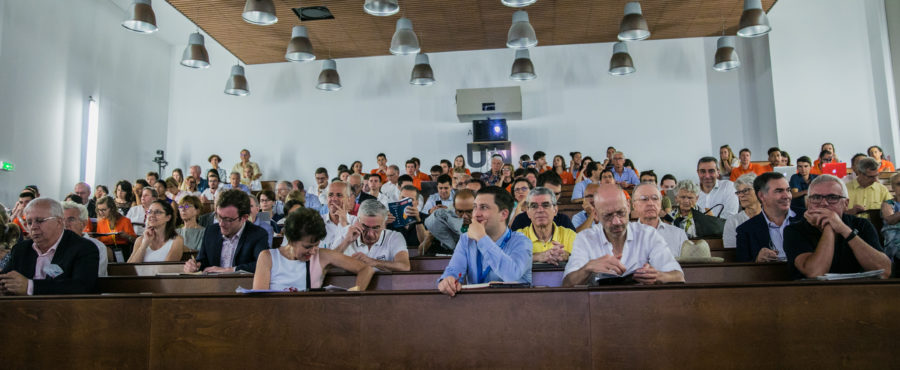5 Jul 2019
Is the Digital Divide the New Social Divide?
Session 10

In a digital era where processes in companies and the administration are increasingly dematerialized, digital exclusion has come to be a central question. Beyond the obvious numerical divide between states, numerical inclusion of all should not be taken for granted within the most developed countries. In France, for instance, around seven million French people report that they never use the Internet. Lack of equipment, training deficiencies: reasons for this are numerous. But in a society where interactions between the social, economic and technological spheres strengthen, are the reality and consequences of this numerical divide sufficiently addressed? Are inequalities of access to numerical tools an extension of the social divide?
In a society which increasingly incorporates the use of digital tools in its institutions, social and economic integration implies that all actors should access new technologies and feel supported in a context of rapid evolutions. Faced with the constant evolution of tools, how can we efficiently address these inequalities? Should companies play a part in this?
Contributions
Session 10 : Is the Digital Divide the New Social Divide ?
The expression "digital divide" dates back to the 90s with a growing fear in the United States of disparities of access amongst the rising "information society". The poorest and certain social groups risk being excluded from access to "ICTS" ("INFORMATION AND COMMUNICATION TECHNOLOGIES"), and in particular from access to the Internet, analyzed as a vector of knowledge and democracy. In terms of public policy, the first answers revolved around "infrastructures".
Download
























































































